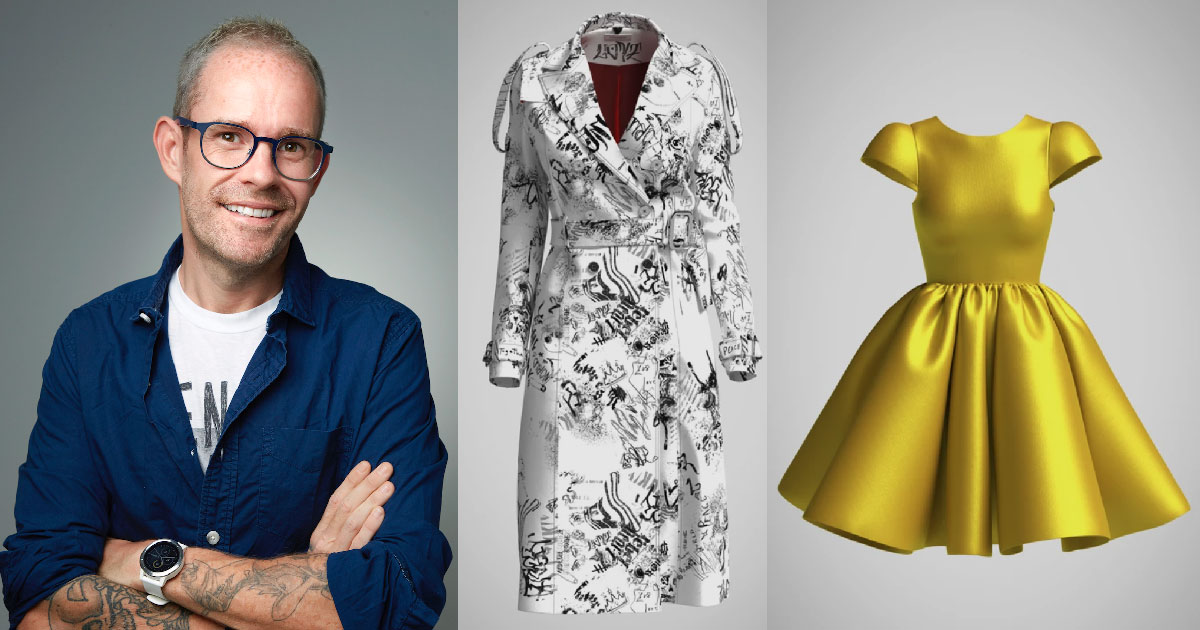A Singapore investor recently made waves in the art world when he spent a record-breaking US$69 million (S$93 million) worth of cryptocurrency on a digital art piece.
The piece was sold in the form of a non-fungible token (NFT), which is an unique cryptographic token that exist on the Ethereum blockchain. However, since each NFT is unique, they cannot be traded or exchanged at equivalency. Therefore, the digital tokens can be thought of as certificates of ownership for virtual or physical assets.
Each NFT has a unique identification code and metadata that distinguishes one from another, which differs from other forms of currencies. For example, one Bitcoin is always equal in value to another Bitcoin. Similarly, a single unit of Ether is always equal to another unit.
However, since each NFT is unique, they cannot be traded or exchanged at equivalency. Therefore, the digital tokens can be thought of as certificates of ownership for virtual or physical assets.
Anyone can “tokenise” their work to sell as an NFT and an interest to do so has been fuelled by million-dollar sales hitting the headlines recently. For example, an animated Gif of Nyan Cat — a 2011 meme of a flying pop-tart cat — has been sold for more than US$500,000.
Music can also be sold as NFTs. American rock band Kings of Leon has made over S$2.6 million in album sales so far, and The Weeknd’s new song will also be released as an NFT.
It’s not just art that can be sold. Twitter co-founder Jack Dorsey has listed his first ever tweet for sale, with bids reaching US$2.5 million (S$3.9 million).
Most recently, digital clothing has been making waves in the NFT space, as something that consumers can purchase as well.
A New Frontier In The Fashion Industry

According to digital fashion startup Republiqe, its digital clothing allows consumers to “look amazing without leaving the comfort of their homes”, by imagining that they are their own “real-life avatar”.
Customers purchase digital clothes much like how they would buy apparel online, but with an added step. After selecting the garment that they would like to purchase, they will be required to upload an image of themselves.
The job will then be passed over to Republiqe’s digital tailoring team to fit the customer’s new, fully sustainable, ethically produced, digital garment to their image. The image will then be sent back to the customer, ready for them to share on social media, in no longer than 72 hours.

At Republiqe, all clothing comes one-size-fits-all as the team strongly believes in inclusivity.
In terms of cost, price points at Republiqe are similar to that of mainstream fashion brands. A Long Printed Blazer will set a shopper back by £40 (S$73.67), while an oversized t-shirt is sold at £20 (S$36.84).
Building The ‘Tesla’ Of Fashion

Republiqe founder James Gaubert has had over 20 years of experience in the luxury fashion industry, and has worked with brands the likes of Chanel, LVMH and Burberry.
He thus decided to capitalise on his knowledge in the luxury fashion to start Republiqe on three core pillars — creativity, technology and sustainability.
“We wanted to challenge and disrupt the fashion industry, almost doing what Elon Musk and Tesla has done to the automotive industry. I have seen firsthand the damage that is being caused to our planet by the fashion industry, along with unethical production, and I think this made me want to make a difference,” James told Vulcan Post.
As a fully digital brand, Republiqe does not have long manufacturing lead times, which enable the brand to be more agile and create garments off the cuff in response to social events and “moments that matter”.
It also does not operate within the usual confines of seasons that traditional brands operate around.
“Our role is to constantly listen to, and understand our consumers, to create clothing around events that matter to them. For example we have an Earth Day micro capsule, a Pride collection, and more,” shared James.
Furthermore, another factor that sets Republiqe apart is that it is not limited by the types of fabrics and materials it can use, and the team’s creativity can flow freely. For example, one can have a garment that is fully diamond encrusted, and yet not have to pay a hefty sum.
Is It The Future Of Fashion?
According to James, the response to his digital clothes has been positive so far, and the team has sold over 500 garments within the first six months. He acknowledged that though the number might not seem significant for some, he considers it a huge success as digital fashion is a completely new space.
He believes that the future fashion is digital. Even though there will always be a need for physical clothes, looking good on social media is extremely important to Gen Z consumers, who are keen on building an online personality and escaping into a virtual reality.
Thus, Republiqe and other digital fashion brands provide Gen Z consumers with outfits they might not typically wear in real life, which James thinks will become more important in future.
“I expect to see a significant shift in spending over the coming years from physical to digital, the possibilities are endless,” he enthused.
There is still along way to go with regard to educating both manufactures and consumers, but big brands like Moschino are already dipping their toes into the digital space.
This gives James the confidence that he is “on the cusp of something very big.”
Blockchain technology is a key content pillar for Vulcan Post. You can explore other blockchain and cryptocurrency related articles here.
Featured Image Credit: Republiqe









